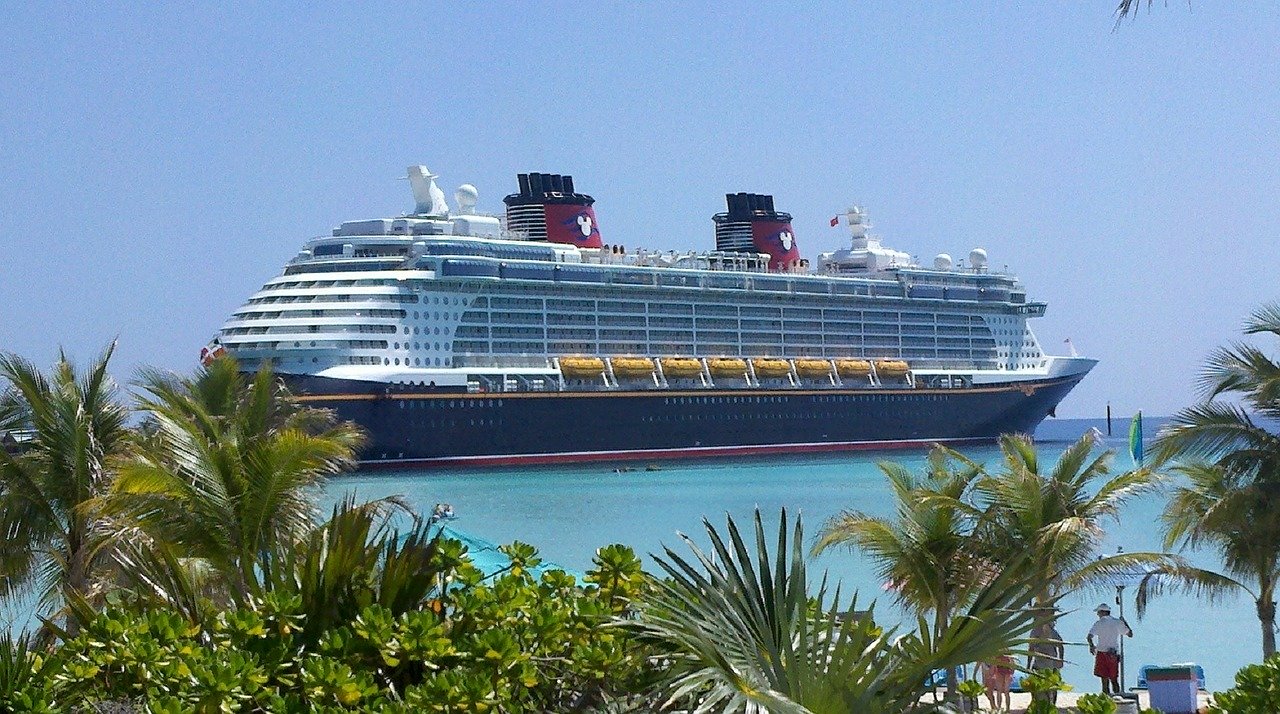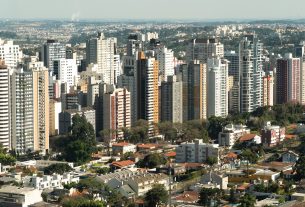We had plans, trips, routine and work. Everything has changed. It changed quickly. So fast, that some people weren’t even on dry land. This is the case of our interviewee today, who works for a large cruise company and who will tell us a little about what it was like to go through quarantine on a ship, on the open sea. For security reasons, we will not use her real name: we will call her Elisa.
“2020, right? This year is not easy for anyone. Who would have thought that we would go through a pandemic of this size in the times we live in? In the 21st century, with advanced medicine, cutting-edge technology, instant global connection… and we are here, fragile as ever, surrendered to nature.”
“For me this year has already started with big changes. I left my house, job and many belongings behind to live a new adventure: working on a ship. A year ago I realized that I needed to get out of my routine and try something new, so this possibility presented itself and why not? It would be an incredible experience.” Elisa just didn’t know how.
She explains that jobs on ships are, as a rule, for short-term contracts, varying according to the company and the role performed. In general, they are for 4 or 6 months, with contracts of up to 9 months (yes, 9 months on board without returning home).
At the end of this time, there is a period of around two months of vacation and then the next contract begins. “It is not a permanent job, but it is usually stable, unless one of the parties no longer wants to continue. Mine was a six-month contract in the customer service area, which started in mid-January 2020. In July, I would return home and embark again in September, everything was according to plan, until covid-19 happened” , account.
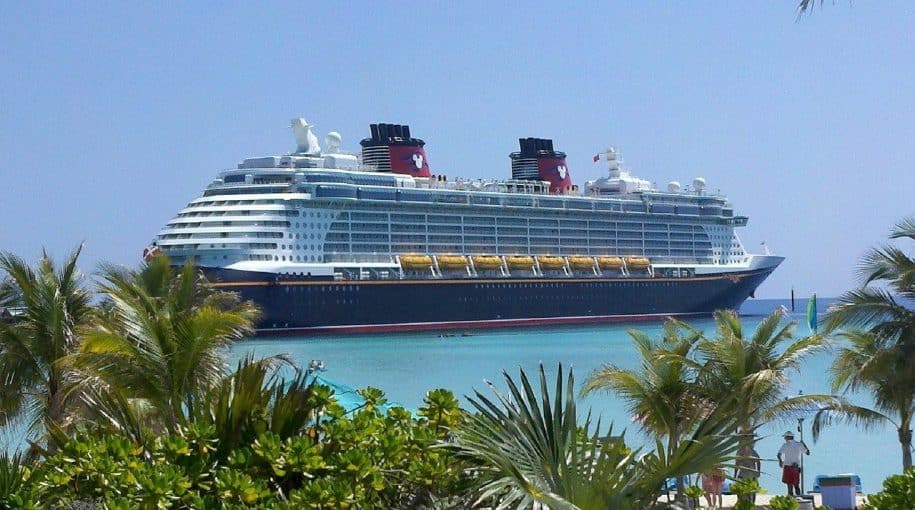
The fateful news – the quarantine on the ship
“We started hearing about the virus at the end of January, all of which was still very far away, because our itinerary was in the Caribbean, so it didn’t seem like something that would affect us directly, we didn’t have the concerns already present on the ships that were in Asia. Our work routine continued normally, boarding and disembarking passengers, without restrictions.”
Elisa says that ships are, in themselves, havens for contagious diseases. “Since I boarded, they told me that it is normal to have waves of viruses in departments, because we live in a confined and relatively small space. Most crew members share cabins and bathrooms and work in indoor areas without windows. To avoid contagion, hygiene rules are strict and from the first day we received instructions to always wash our hands, keep common areas sanitized and report any symptoms, especially diarrhea and vomiting.” But no training, no brochure could anticipate what was to come.
At the beginning of February, news came of a ship with several cases of Covid-19 near Japan – and this made Elisa and the rest of the crew start paying a little more attention to what was happening on the other side of the world.
She says that, at the end of February, the news about Covid-19 was already alarming. It was then that they began operating at a higher level of sanitation and passengers already seemed more concerned. But even so, the cruises and tours continued.
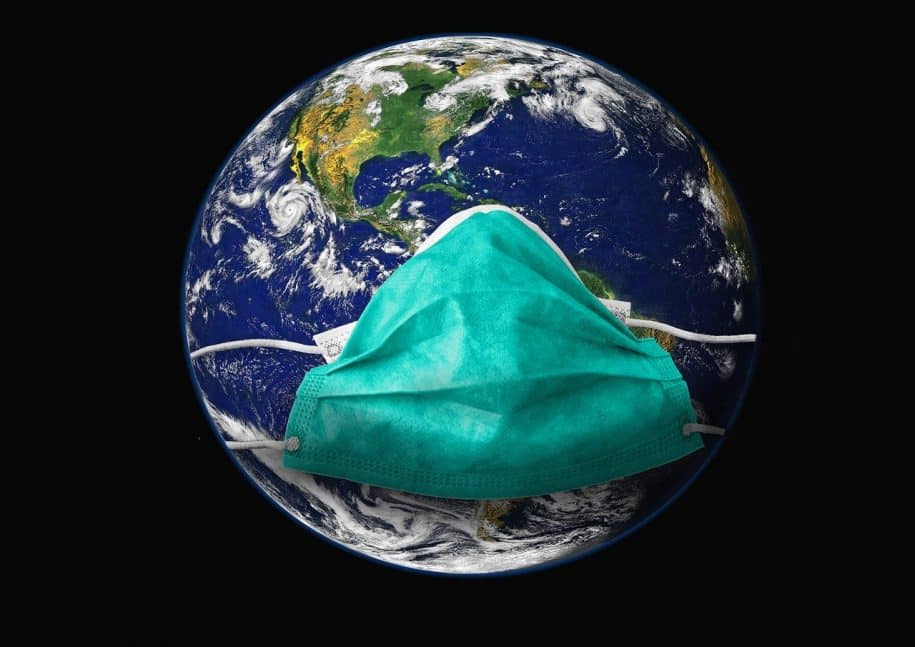
In March, things got more complicated and restrictions became even greater. “On the ship there are several restaurants for passengers’ main meals, one of them is a buffet where passengers help themselves to the food. Increasing the level of sanitation, people could only enter the buffet after disinfecting their hands with alcohol gel and it was no longer allowed to help themselves to the dishes, only the crew touched the cutlery to serve the food.” All high-touch public areas, such as handrails, door handles, doors, benches and tables on the ship are now disinfected more frequently.
“Passengers were much more worried too, those in internal cabins (without windows) asked to change to cabins with a balcony, for fear of being trapped in quarantine on the ship. Some disembarked mid-cruise at one of the ports in the Caribbean, to catch a flight back home as quickly as possible, as the airports began to close.”
Elisa reports that during the time they were on board, they received a lot of news about the contagion. Passengers also reported whenever there was someone coughing or sneezing, they asked what prevention measures were being taken, and whether there were any cases on board.
“A wave of panic began to set in, but people calmed down a little when we showed the sanitization measures and when we assured them that there were no cases on board. This was repeated almost all day, every day, since the beginning of March.”
And then the WHO declared the pandemic, on the 11th of that month. As a result, all cruises had to stop operating. “In mid-March, the last passengers disembarked and from then on everything changed,” says the crew member.
Luxury quarantine on board the ship
“Never in the history of cruises had anything like this happened. Since March, more than half a million crew members around the world have been stuck at their workplaces, without passengers. Some ships still had passengers until April, due to difficulties in repatriating them. But in cases, like mine, where we managed to disembark everyone safely (and without cases of Covid-19), life changed drastically.”
Elisa says that in the first few days everyone was transferred to the passenger cabins, with a balcony. Of course, this measure was not just to provide comfort, but to prepare them for isolation, as it would not be appropriate to be isolated with one or two other people in a tiny cabin and sharing a bathroom. “We know that it wasn’t out of love that we got the luxury rooms, but we still accepted it and enjoyed it.”
Furthermore, as there were no confirmed cases on the ship he was working on, the day after the passengers disembarked they began to make use of all the areas that were previously reserved for guests. “Swimming pools, cafeteria, gym, theater, bars… everything for us.
Due to my position on board, I already had access to some passenger areas, such as the theater, restaurants, bars. But most crew members cannot travel through these areas. It was really exciting to see people who have worked on board for 10 or 20 years walking around the ship on video calls showing it all, sitting by the pool relaxing, taking the opportunity to eat something different from the everyday cafeteria menu. These people deserve to enjoy all of this and had never thought of one day being able to do so.”
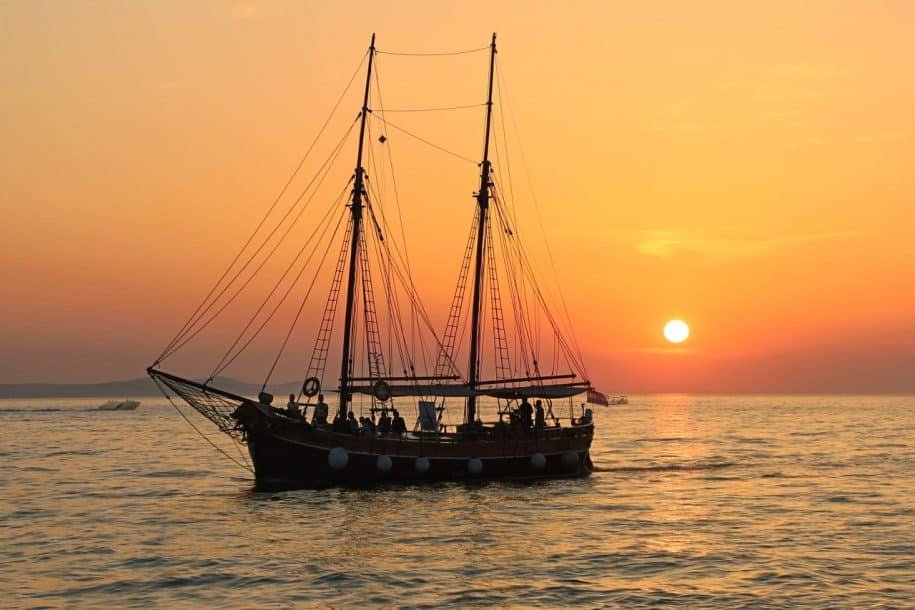
On Elisa’s ship, not everyone stopped working, but hours were drastically reduced or adapted. Some employees stopped permanently, such as dancers, musicians and casino staff, or were called in for other tasks, such as disinfecting and sanitizing routines in common areas.
Only the technical areas continued to work normally, because their service is not affected by passengers, as the ship remained operational.
“But these perks were short-lived. Remember that the ship is a breeding ground for contagious diseases? Over time, more cases of flu emerged and many reports of symptoms similar to those of COVID-19 (fever, pain, etc.). As a precaution, restrictions increased, activities ceased, until we were in self-isolation in our cabins, only leaving when necessary.” They started to make mandatory use of masks outside the cabin.
It was then that the effects of the quarantine on the ship became clearer. “We had to adapt our activities to our free time. I was on the yoga, sunbathing and sleeping team. We had free internet, so it was easy to stay connected with the ‘real world’ and with our friends.”
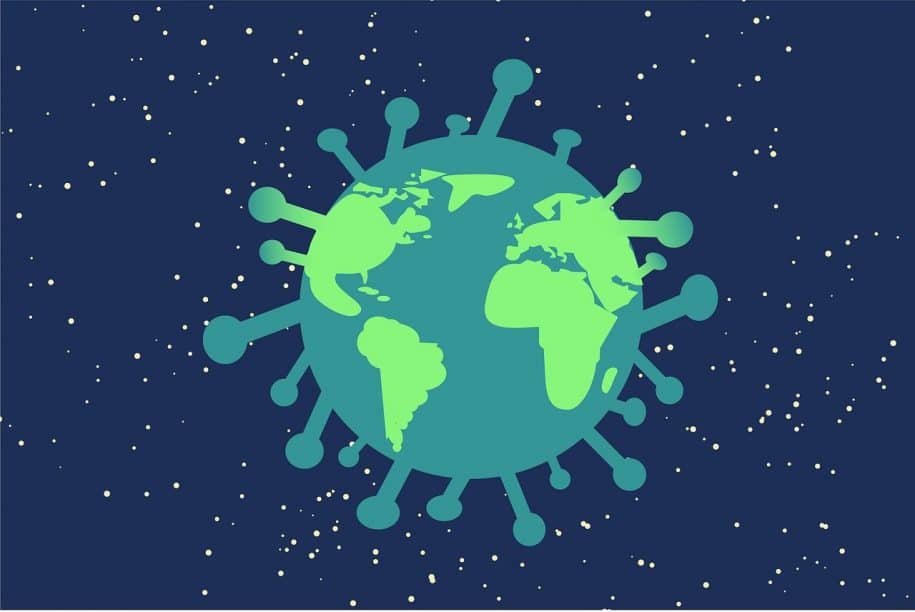
As they could not dock in any port and no one could disembark, they remained anchored in the Bahamas region for weeks, along with several ships in the same situation.
Very few times were they allowed to dock in a port. And when authorized, it was only for the supply of food, medicine and other necessary materials.
“We spent weeks anchored in the open sea, always in good weather and without seeing a foot of land. We saw other ships in the distance and communicated with them using horns or lights, it was fun, it gave a feeling of ‘we’re in this together’”.
According to the crew member, the routine was reduced to agreeing meal times with friends so she could see them a little, chatting on the balcony with cabin neighbors and working.
“It wasn’t the worst of all worlds, we still had a lot of contact with other people, unlike confinement on land, but it wasn’t ideal either, due to the excess of idleness and the perception of being in the middle of nowhere, kilometers from dry land.”

For Elisa, this period was also filled with many doubts and few answers, as it was a completely new situation for the company.
She says she felt loneliness, discouragement and anxiety about the possibility of spending many months without work. “We were all insecure and afraid of the future, not knowing how to live without a salary for I don’t know how long. Should I look for another job? Do I hope they call me for the next contract? When will that be?”
Salaries, contracts, guarantees, benefits, compensations, repatriation. According to her, all of this was partially discussed: “The information changed as conditions in the world changed. Everyone seemed a little lost, and they were. Not because of irresponsibility, but because government determinations and restrictions changed every day. It wasn’t easy to stick to a plan. When it became clear that this would not be resolved in 2 or 3 months, the concern became to send the crew home as quickly as possible, in the safest way possible.”
And it was a long process. After 54 days of quarantine on a ship at sea, she managed to reach dry land and home. Despite saying she is ready for the next shipment, Elisa is aware that it is not possible to know when that will happen. Without a salary, she just hopes it doesn’t take too long.
The Voices
Vozes is a special newsletter, sent every fortnight, where we tell stories of extraordinary people and projects, who use the world of travel to transform the world. From time to time the content is published here on the blog too, but if you always want to receive the texts, and first hand, subscribe to our newsletter. It’s free and you also get an ebook full of tips for planning your first trip abroad.
If you want to follow what we’ve already done:
Sign up for our newsletter

Sign up for our newsletter and stay up to date with exclusive news
that can transform your routine!
Warning: Undefined array key "title" in /home/storelat/public_html/wp-content/plugins/link-whisper-premium/templates/frontend/related-posts.php on line 12
Warning: Undefined array key "title_tag" in /home/storelat/public_html/wp-content/plugins/link-whisper-premium/templates/frontend/related-posts.php on line 13

